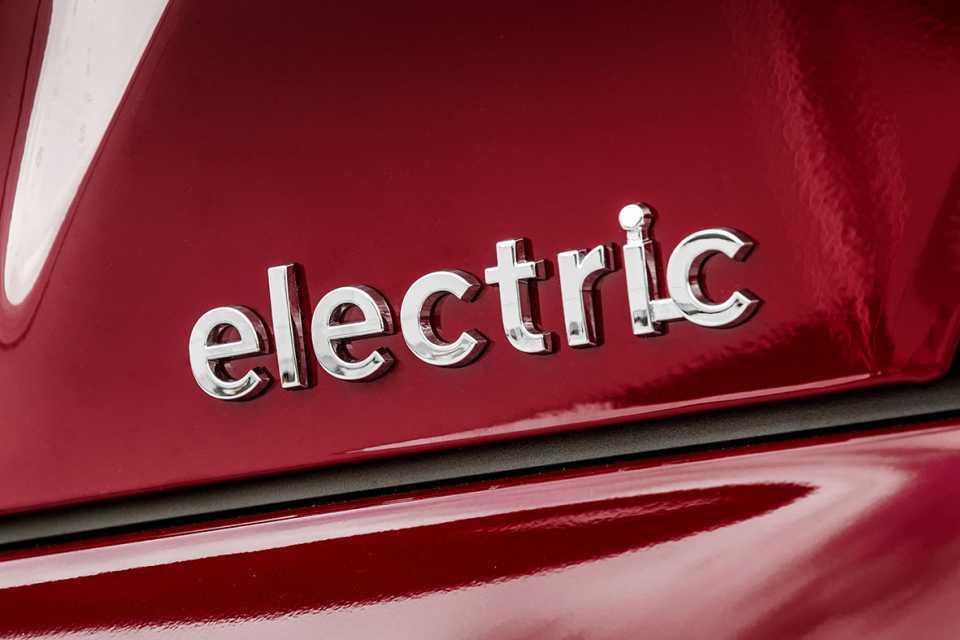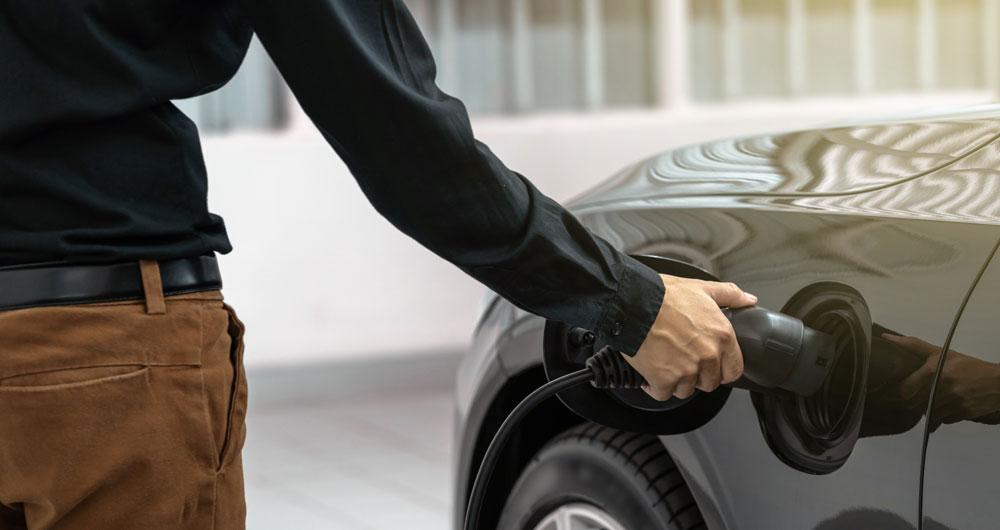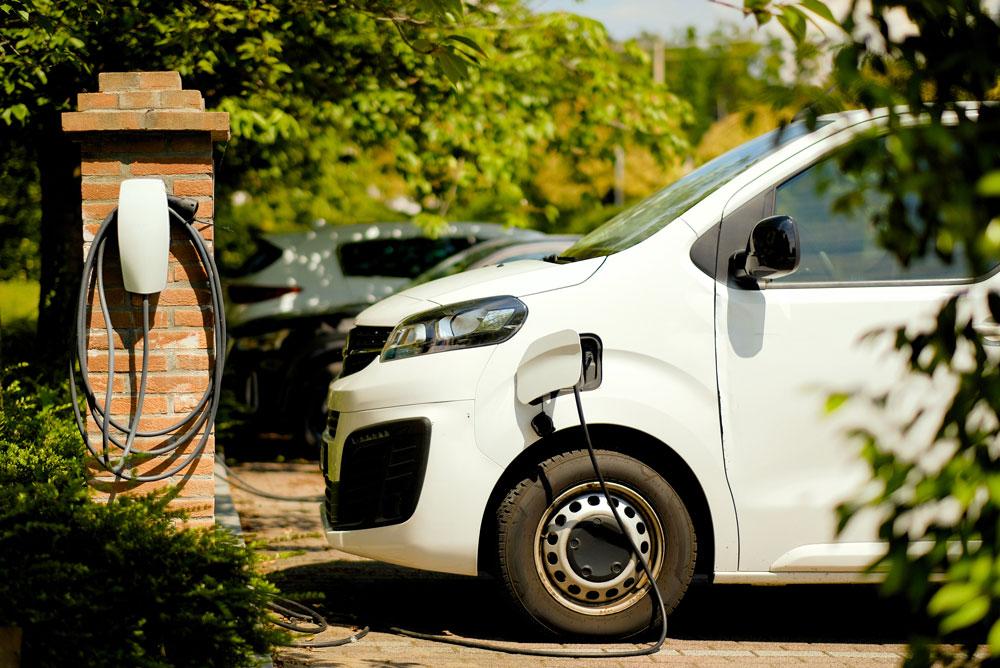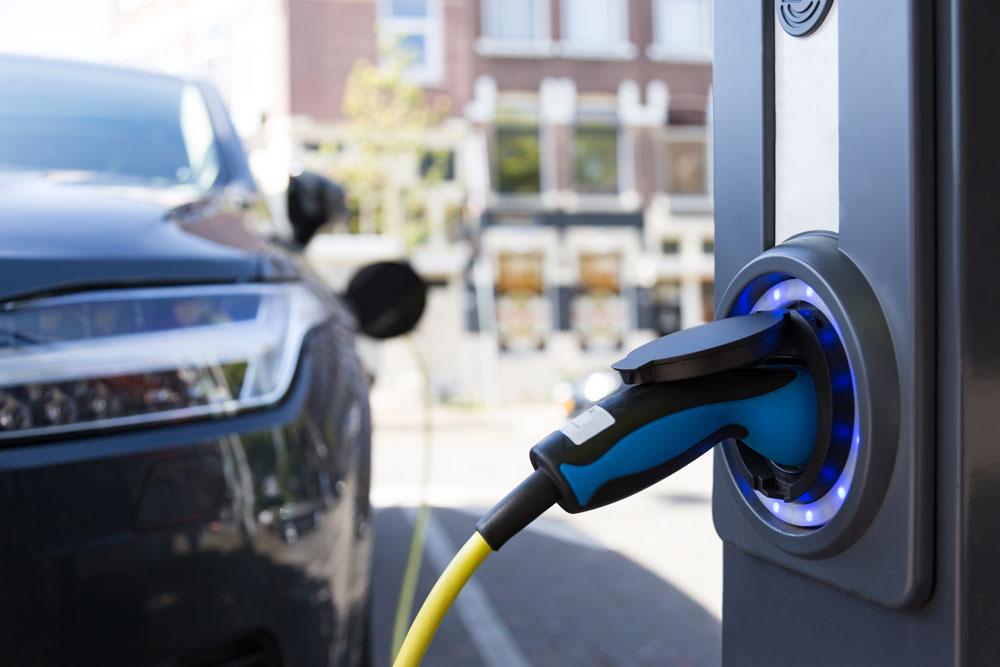Battery electric vehicle (BEV) uptake increased for the 42nd month in a row, by 20.1% to 23,943 units in October, according to SMMT figures.
This amounted to a BEV market share of 15.6%, a relatively small rise from last year’s 14.8%. Furthermore, private registrations accounted for fewer than one in four new BEVs this year, which the SMMT says underscores the need for fiscal incentives for private consumers. Year to date, BEV volumes have risen 34.2% to account for 16.3% of new registrations this year, up slightly from 14.6% this time last year.
Taking into account all 'electrified vehicles' - hybrid, plug-in hybrid and battery electric vehicles, this accounts for 37.6% of all new car registrations. Hybrid electric vehicles (HEVs) grew 24.6% to reach 19,574 units, while plug-in hybrid vehicles (PHEVs) recorded the highest proportional growth, up 60.5% to 14,285 registrations.
October’s plug-in vehicle performance follows a significant increase in chargepoint rollout in Q3, which improved significantly relative to new plug-in car uptake. 4,753 new standard chargepoints came online in the quarter, the largest ever quarterly delivery. This equates to one new standard public chargepoint being installed for every 26 new plug-in cars reaching the road between July and September, improved from 38 in the same quarter last year.
However, installation was disproportionately focused on London and the South East, which received four out of five new chargepoints commissioned during the quarter – despite the region accounting for fewer than two in five new plug-in registrations during the same period. In comparison, just 13 chargers were installed in Yorkshire and Humberside, while the North actually had 105 chargers taken out of service.
Overall, October’s new car market grew by 14.3% to reach 153,529 registrations, 7.2% above pre-pandemic levels and was the best performance for the month since 2018, according to the latest figures from the Society of Motor Manufacturers and Traders (SMMT).
This growth was driven almost entirely by large fleet registrations, which grew 28.8% to reach 87,479 units. Private demand was stable at 62,915 vehicles, a 0.3% increase, while smaller businesses saw registrations fall -15.2% to 3,135 units.
Overall vehicle uptake is now up 19.6% in the first 10 months, with the market currently enjoying its best year since 2019.
Mike Hawes, SMMT Chief Executive, said: "With demand for new cars surpassing pre-pandemic levels in the month, the market is defying expectations and driving growth. As fleet uptake flourishes, particularly for EVs, sustained success depends on encouraging all consumers to invest in the latest zero emission vehicles. The Autumn Statement is a key opportunity for government to introduce incentives and facilitate infrastructure investment. Doing so would send a clear signal of support for drivers, reassuring them that now is the time to switch to electric."







